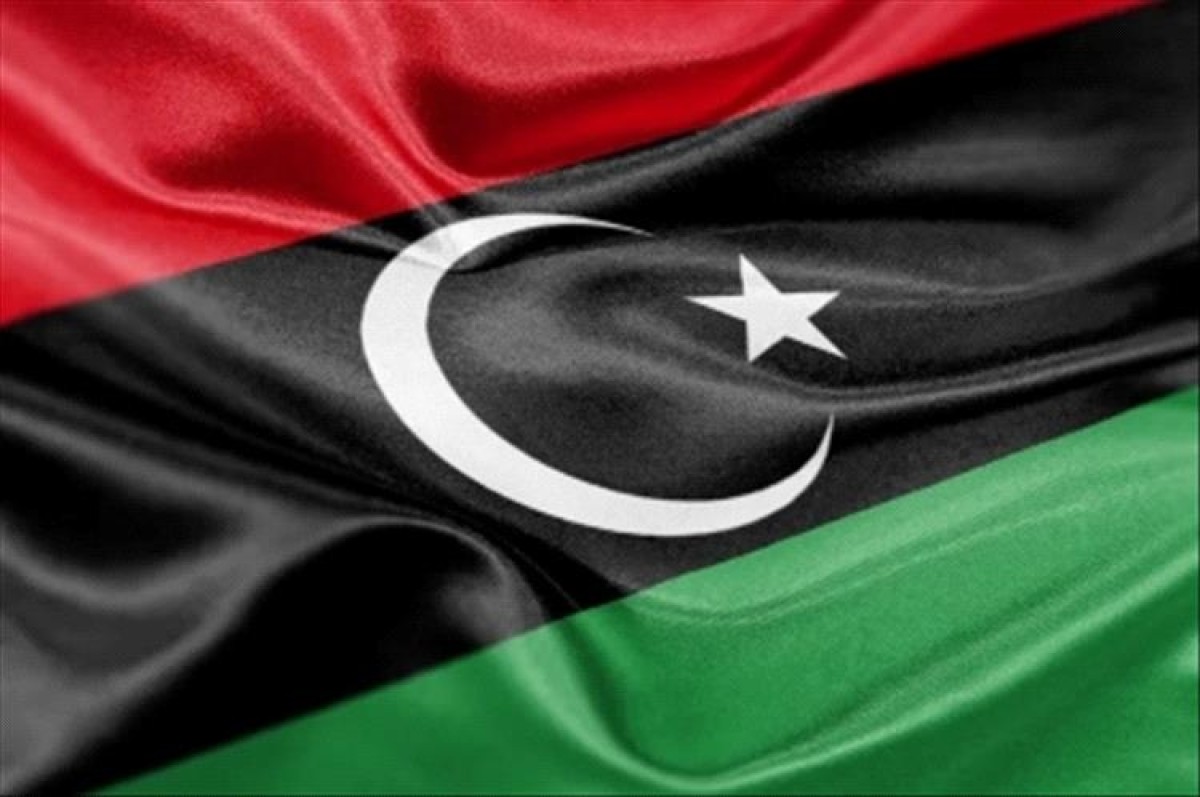The United Nations announces new steps to resolve the political crisis in Libya.


The United Nations mission in Libya revealed the formation of a technical committee that includes a group of Libyan experts, whose mission will be to determine the priorities and main milestones for forming a consensual government aimed at ending the political crisis that the country has been experiencing for years.
This announcement came in a video speech delivered by Stephanie Khoury, the acting head of the UN mission, where she explained that the details of the political process will be presented during a briefing to the Security Council today, Monday. This process focuses on achieving stability and preventing escalation, in addition to unifying national institutions and paving the way for holding elections and addressing disputes that have been ongoing for years.
As part of the first phase, the technical committee will work to develop solutions to problems related to electoral laws as quickly as possible, while submitting proposals that include temporal and procedural guarantees. This committee will also develop a clear vision of the governance framework and priorities that the consensual government should work on.
The UN mission affirmed its commitment to protecting the interests of the Libyan people by defending the principles and standards that guarantee the stability of the country. It will also seek to expand the circle of political participation to include all components of Libyan society, including women, youth, political parties, and community leaders.
Stephanie Khoury explained that the United Nations will continue to work with Libyan partners to support dialogue aimed at reaching consensus on the causes of the long conflict. Efforts will also focus on promoting national reconciliation, supporting economic reforms, and unifying security and military institutions, paving the way towards achieving political and social stability.
These efforts come in light of a political division between two competing governments, the national unity government headed by Abdul Hamid Al-Dabaiba in Tripoli, and another government appointed by the House of Representatives headed by Osama Hammad in Benghazi.
Libyans look forward to these movements contributing to ending the ongoing transitional periods since the overthrow of Muammar Gaddafi’s regime, and finding a solution to the political and armed conflicts that have exhausted the country for more than a decade.